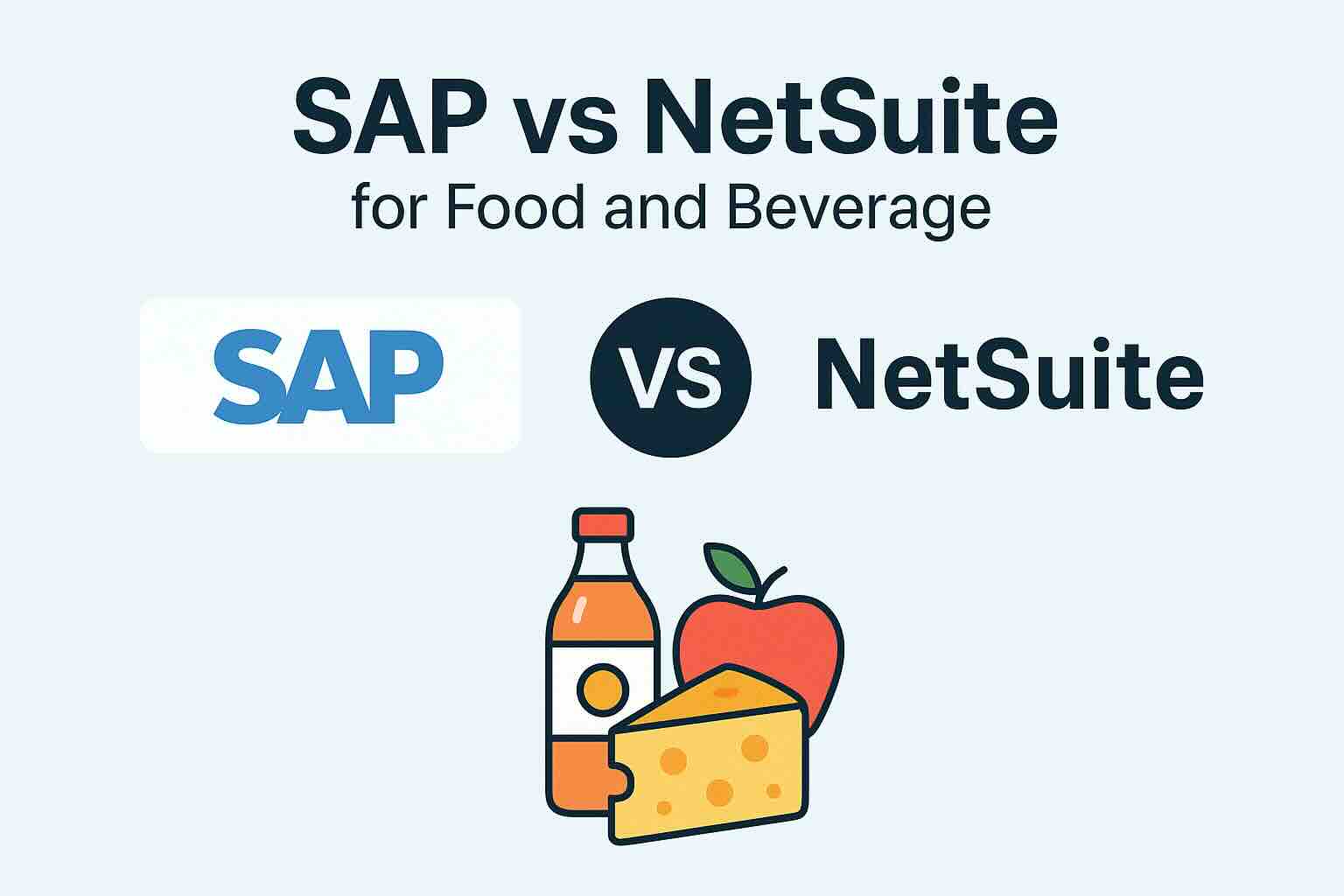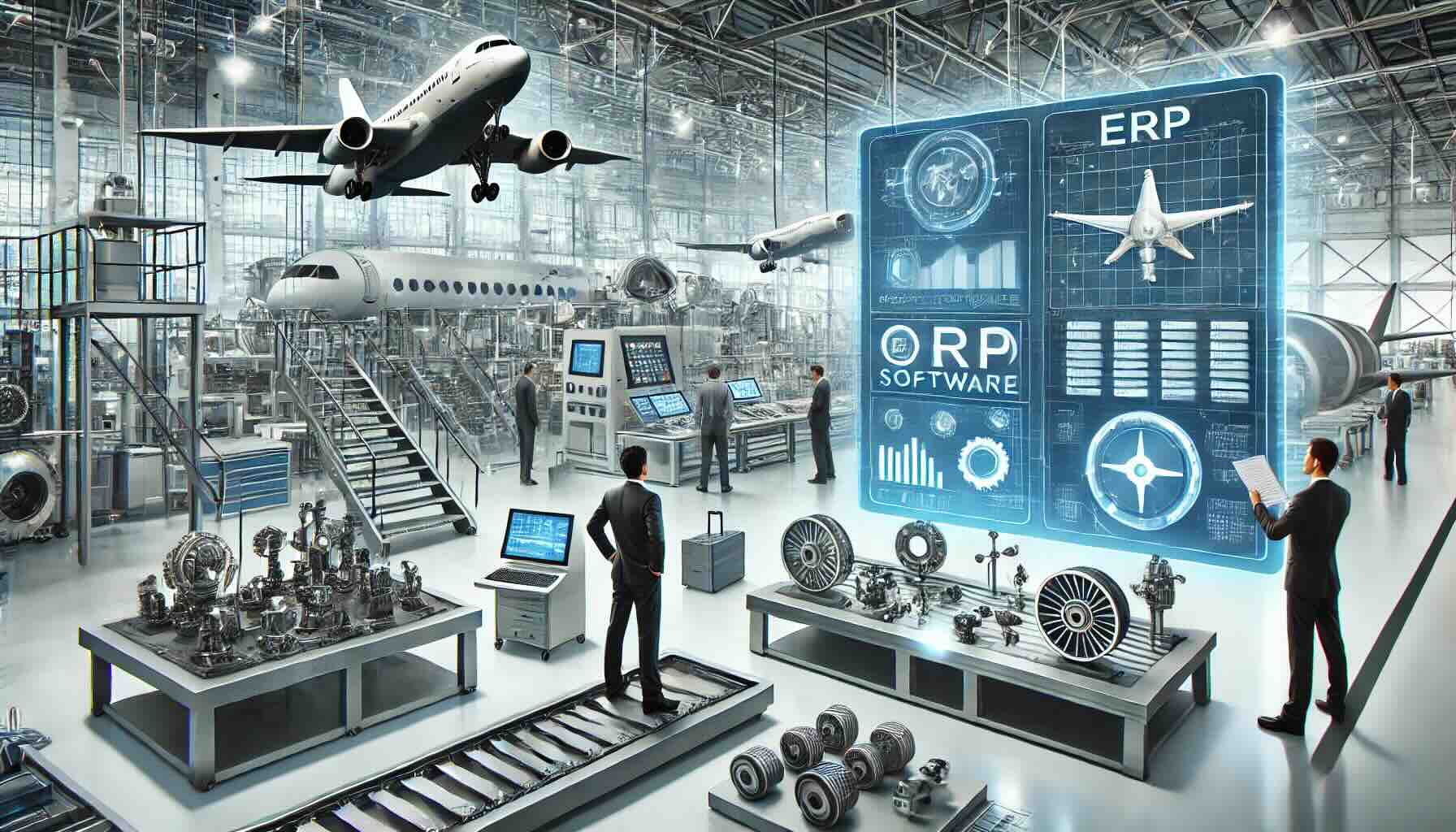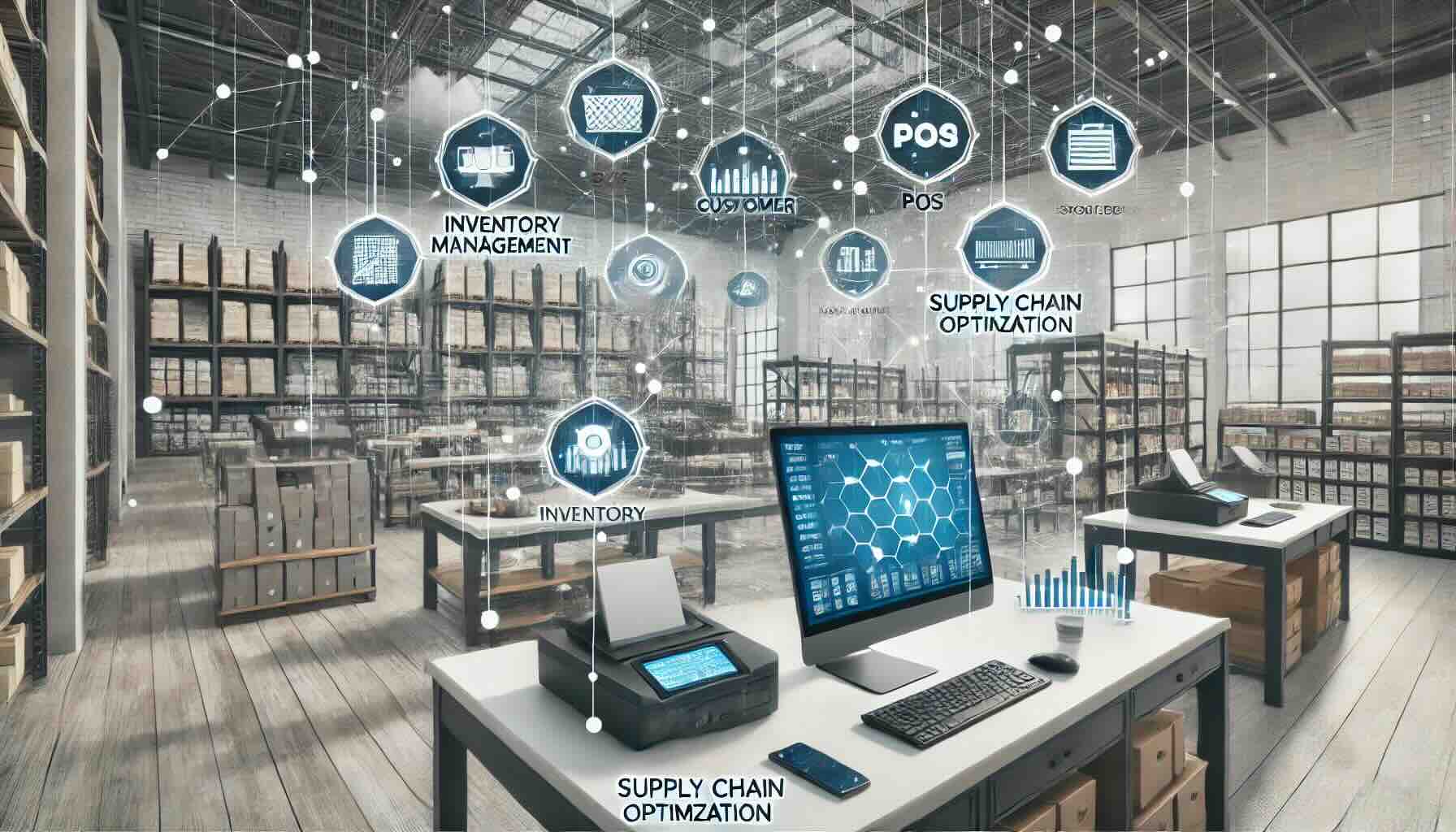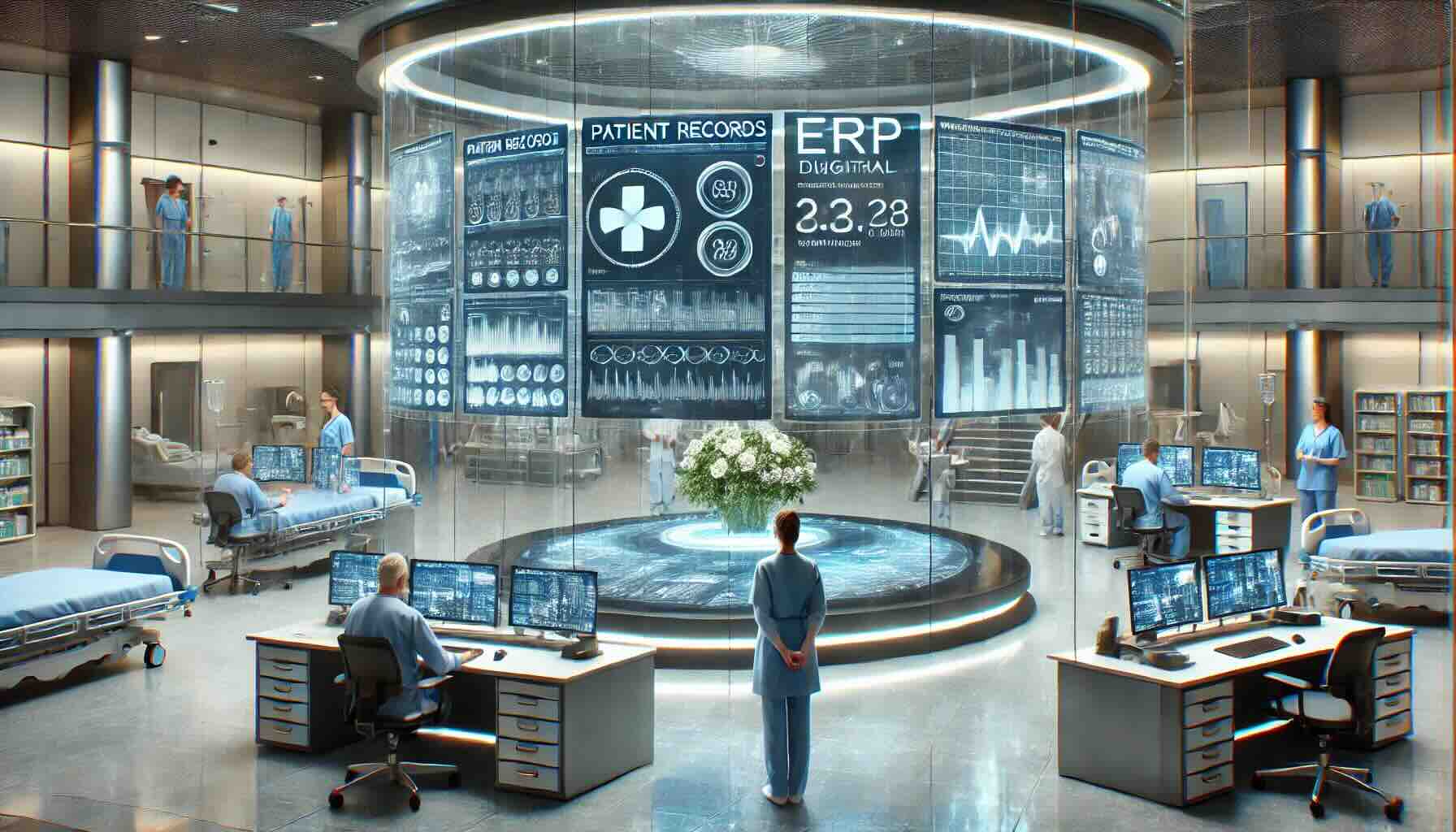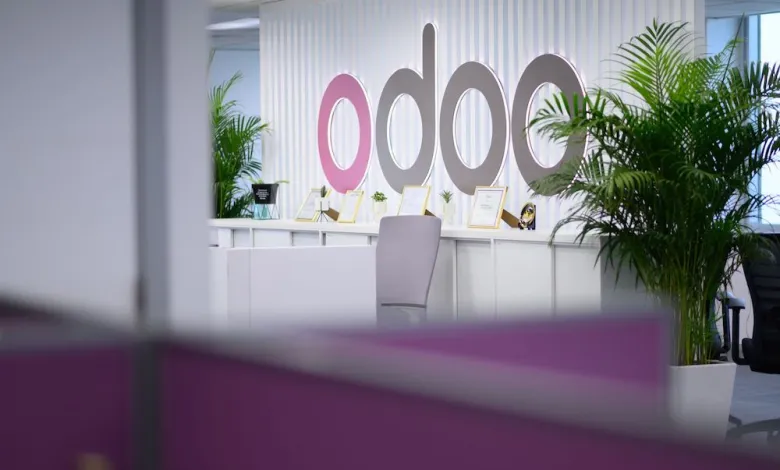ERP Manufacturing Software Comparison
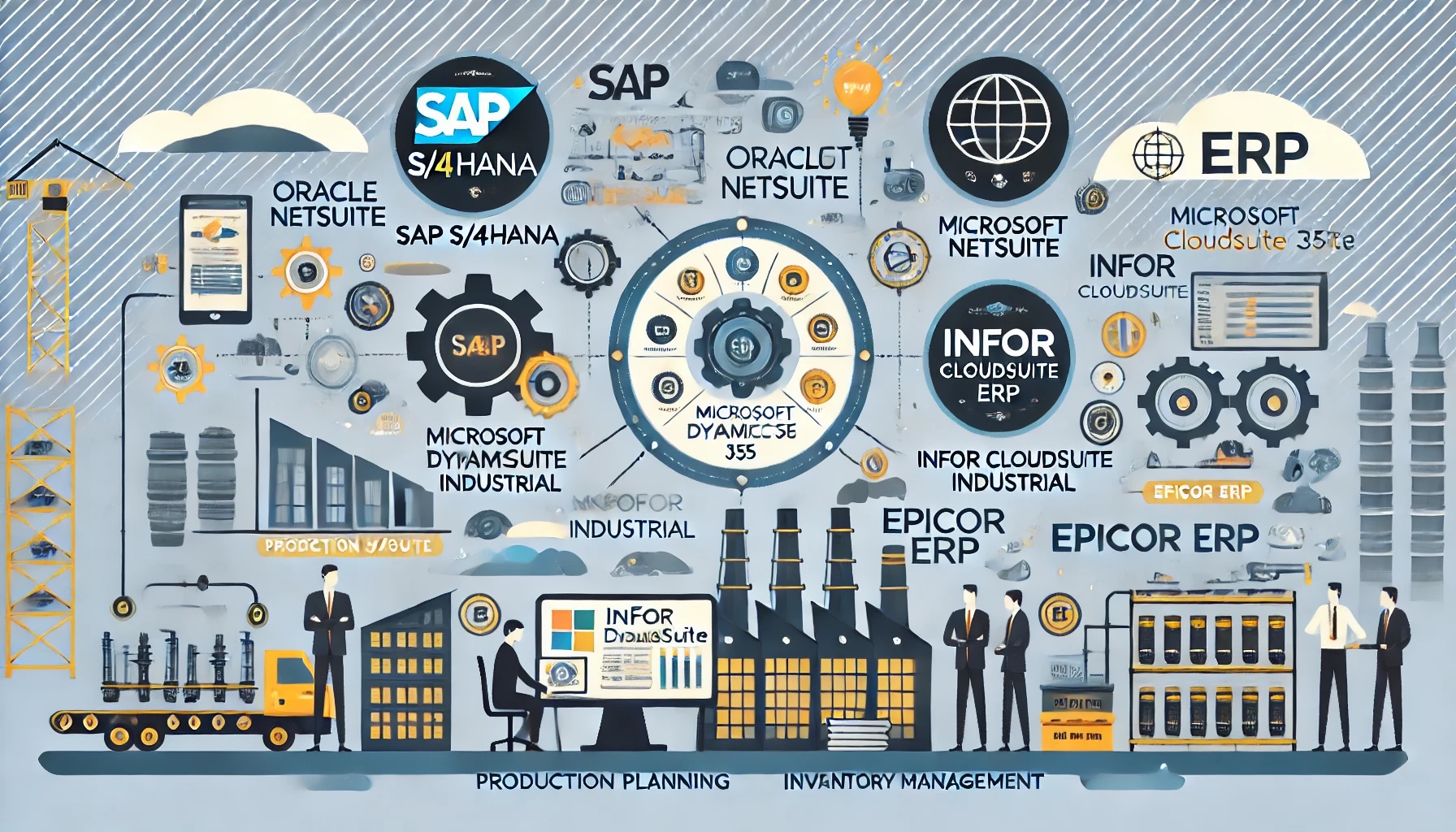
In the rapidly evolving world of manufacturing, selecting the right ERP (Enterprise Resource Planning) software is crucial for maintaining a competitive edge and operational efficiency. This ERP manufacturing software comparison will guide you through the key features, benefits, and considerations when choosing the best solution for your business.
What is ERP Manufacturing Software?
ERP manufacturing software is a suite of integrated applications that streamline and automate various manufacturing processes. These systems encompass modules for production planning, inventory management, supply chain management, quality control, and financial management. By providing real-time visibility and control over manufacturing operations, ERP systems help manufacturers enhance productivity, reduce costs, and improve customer satisfaction.
Key Features to Consider in ERP Manufacturing Software
When evaluating ERP manufacturing software, consider the following key features:
1. Production Planning and Scheduling
- Efficient production planning and scheduling capabilities are essential for optimizing resource utilization, minimizing downtime, and meeting delivery deadlines.
2. Inventory Management
- Robust inventory management features help maintain optimal stock levels, reduce carrying costs, and prevent stockouts or overstock situations.
3. Supply Chain Management
- Advanced supply chain management functionalities ensure seamless coordination with suppliers, improve procurement processes, and enhance overall supply chain visibility.
4. Quality Control
- Integrated quality control modules help monitor and maintain product quality standards, ensuring compliance with industry regulations and customer expectations.
5. Financial Management
- Comprehensive financial management tools enable accurate cost tracking, budgeting, and financial reporting, providing a clear picture of the company’s financial health.
6. Reporting and Analytics
- Powerful reporting and analytics capabilities provide actionable insights, helping manufacturers make data-driven decisions to improve efficiency and profitability.
Top ERP Manufacturing Software Solutions
1. SAP S/4HANA
- Overview: SAP S/4HANA is a next-generation ERP suite designed to run on the SAP HANA in-memory database. This solution is highly scalable and caters to large enterprises with complex manufacturing needs. It offers an extensive array of features, including advanced production planning, real-time inventory management, and comprehensive supply chain coordination. The system’s real-time analytics capabilities allow businesses to gain immediate insights into their operations, facilitating quicker decision-making and enhanced efficiency.
- Pros:
- High Scalability: Suitable for large enterprises and can handle complex manufacturing operations.
- Customization Options: Extensive customization possibilities to fit specific business processes.
- Strong Analytics: Real-time data processing and powerful analytics tools.
- Integration: Comprehensive integration with other SAP products, facilitating seamless business operations.
- Real-Time Insights: Immediate insights into various operational metrics.
- Cons:
- Complex Implementation: Requires significant time, resources, and expertise to implement.
- High Cost: Expensive initial investment and ongoing maintenance costs.
- Steep Learning Curve: Users unfamiliar with SAP systems may find it challenging to adapt.
- Customization Complexity: Highly customizable but may require extensive configuration and support from SAP consultants.
- Vendor Dependency: Heavy reliance on SAP for updates and support.
2. Oracle NetSuite
- Overview: Oracle NetSuite is a cloud-based ERP solution designed to meet the needs of businesses of all sizes. It provides end-to-end management capabilities for manufacturing operations, including production planning, inventory control, and supply chain management. NetSuite’s cloud-based nature ensures real-time data access from anywhere, facilitating better decision-making and collaboration. The platform is known for its flexibility, allowing businesses to tailor the system to their specific requirements.
- Pros:
- User-Friendly Interface: Simplifies user adoption and minimizes training requirements.
- Flexibility: Highly customizable to suit a wide range of business processes and industries.
- Real-Time Visibility: Provides real-time data access and reporting, enhancing decision-making.
- Continuous Updates: Regular updates and support from Oracle ensure the system remains current.
- Scalability: Can grow with the business, accommodating increasing volumes and complexity.
- Cons:
- Customization Complexity: Customizing the system can be intricate and may require expert assistance.
- Moderate Implementation Cost: Costs can rise with increased customization and additional modules.
- Performance Issues: Some users report slow system performance during high traffic periods.
- Vendor Dependency: Reliance on Oracle for updates and troubleshooting.
- Integration Challenges: Integrating with non-Oracle products can sometimes be challenging.
3. Microsoft Dynamics 365
- Overview: Microsoft Dynamics 365 combines ERP and CRM capabilities to provide a comprehensive solution for manufacturing businesses. It integrates seamlessly with other Microsoft products, such as Office 365 and Azure, enhancing productivity and collaboration. Dynamics 365 offers robust features for production management, inventory control, and financial operations. Its modular approach allows businesses to start with what they need and expand functionalities as they grow.
- Pros:
- Microsoft Ecosystem Integration: Seamless integration with Microsoft Office, Azure, and other products.
- Modular Approach: Allows phased implementation, letting businesses expand as needed.
- Scalability: Highly scalable to accommodate growing businesses and increasing operational complexity.
- Advanced AI Capabilities: Leverages artificial intelligence for predictive analytics and automation.
- Strong Support: Backed by extensive support and a large user community.
- Cons:
- High Licensing Costs: Expensive, particularly for smaller businesses with limited budgets.
- Complex Customization: Customizing the system to specific needs can be challenging and may require professional services.
- User Interface: Some users find the interface less intuitive compared to other ERP solutions.
- Training Requirements: Steep learning curve for users unfamiliar with Microsoft Dynamics.
- Upgrade Management: Managing system upgrades can be complex and time-consuming.
4. Infor CloudSuite Industrial (SyteLine)
- Overview: Infor CloudSuite Industrial, also known as SyteLine, is specifically designed for manufacturers. It offers a robust set of tools for production planning, supply chain management, and quality control. CloudSuite Industrial supports both discrete and process manufacturing, making it a versatile solution. Its cloud-based deployment ensures accessibility and scalability, while industry-specific functionalities address unique manufacturing challenges.
- Pros:
- Industry-Specific Functionality: Tailored to various manufacturing industries with specific requirements.
- Cloud Deployment: Ensures easy access and scalability, reducing the need for extensive IT infrastructure.
- User-Friendly Interface: Designed with manufacturers in mind, simplifying adoption and usage.
- Quality Control Features: Comprehensive tools for maintaining and improving product quality.
- Continuous Improvement: Regular updates and enhancements from Infor.
- Cons:
- Third-Party Integrations: May require additional integrations for certain functionalities.
- Variable Costs: Costs can vary significantly depending on customization and additional features.
- Data Migration: Some users report challenges with data migration during the implementation phase.
- Vendor Dependency: Heavy reliance on Infor for updates and troubleshooting.
- Initial Training: Initial setup and training can be time-consuming.
5. Epicor ERP
- Overview: Epicor ERP is designed for mid-sized manufacturers, offering a wide range of features that cover production management, inventory control, and financial operations. Epicor focuses on industry-specific solutions, providing tools tailored to the unique needs of manufacturing sectors such as automotive, aerospace, and electronics. Its intuitive interface and strong customer support make it a popular choice among mid-sized enterprises.
- Pros:
- Manufacturing Focus: Strong emphasis on manufacturing industries with tailored solutions.
- Customizable: Highly customizable to meet specific business requirements and industry standards.
- Value for Money: Provides good value for money, particularly for mid-sized businesses.
- User-Friendly Interface: Intuitive design simplifies user adoption and minimizes training needs.
- Customer Support: Reliable customer support and extensive training resources.
- Cons:
- Time-Consuming Implementation: Implementation can be lengthy and complex.
- Limited Integrations: Fewer third-party integrations compared to some competitors.
- System Updates: Some users report issues with system updates and version upgrades.
- Customization Complexity: Customizing the system can require professional services.
- Vendor Dependency: Reliance on Epicor for ongoing support and updates.
Choosing the Right ERP Manufacturing Software
When selecting an ERP manufacturing software, consider the following factors:
1. Business Requirements
- Assess your specific business needs and objectives. Identify the key functionalities required to support your manufacturing processes and future growth.
2. Scalability
- Choose a solution that can scale with your business. Ensure the ERP system can handle increased production volumes and expanded operations.
3. Ease of Use
- Opt for a user-friendly interface to minimize training time and improve user adoption. A complex system may hinder productivity and lead to user frustration.
4. Integration Capabilities
- Ensure the ERP software can seamlessly integrate with your existing systems and third-party applications. This enhances data consistency and reduces manual data entry.
5. Cost
- Consider the total cost of ownership, including licensing fees, implementation costs, and ongoing maintenance. Evaluate the return on investment (ROI) based on the potential benefits and cost savings.
6. Vendor Support
- Choose a reputable vendor with a strong track record of customer support. Reliable support ensures timely issue resolution and continuous system optimization.
Conclusion
Selecting the right ERP manufacturing software is a critical decision that can significantly impact your business’s efficiency and profitability. By understanding your specific requirements and carefully evaluating the top ERP solutions, you can make an informed choice that aligns with your operational goals. Use this ERP manufacturing software comparison as a starting point to navigate the complex landscape and find the best solution for your manufacturing needs.
To compare these ERP solutions and many more, you can use our new AI-powered Compare ERP tool. It’s free to use and you get a guaranteed discount on your first year’s licence fees with a referral from Compare ERP.
